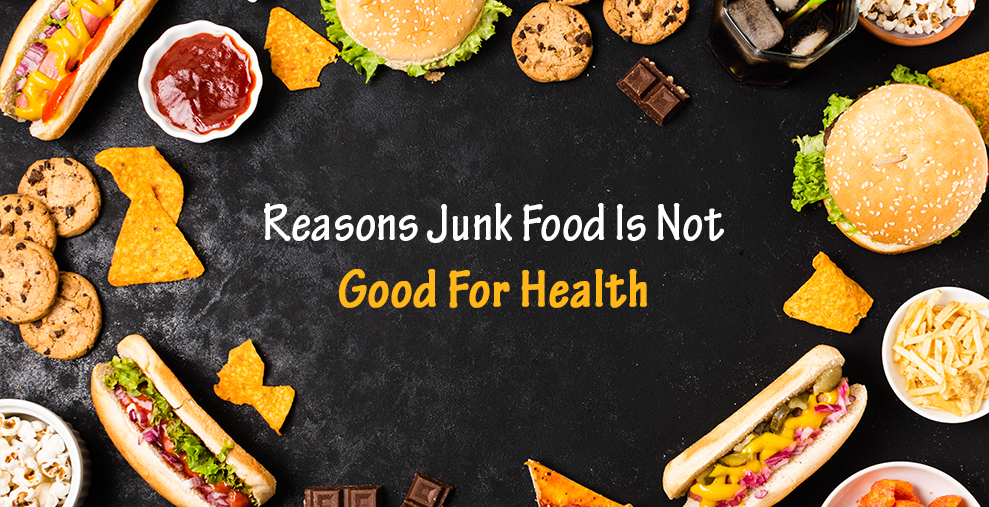In recent decades, junk food, fast food and convenience food consumption in the world have increased dramatically, with 25 percent of people now consuming predominantly junk food diets. This trend has occurred concurrently with rising epidemics of numerous chronic diseases and accounts for a long list of reasons why eating junk food is bad.
1. Diabetes

Diabetes
Your insulin levels become elevated when you eat processed sugars, such as those in soft drinks, white flour and other foods devoid of fiber and nutrients necessary to properly metabolize carbohydrates. Eating junk foods throughout the day causes chronically high insulin levels, which eventually prompts your cells to begin to ignore this important hormone, resulting in a condition known as insulin resistance. Ultimately, obesity and Type 2 diabetes may set in. Since the 1980s, Type 2 diabetes, which was minimal in teenagers, has risen to 15 percent
2. Nutrient Deficiencies

Nutrient deficiencies
Processing that removes vitamins, minerals and fiber makes junk foods into the sources of empty calories that nutritionists disparage. Children who eat a lot of junk foods may develop nutritional deficiencies that lead to low energy, mood swings, sleep disturbance and poor academic achievement, among other health conditions.
3. Obesity

Obesity
Junk food plays a major role in the obesity epidemic. By the year 2050, the rate of obesity in the U.S. is expected to reach 42 percent, according to researchers at Harvard University. Children who eat fast food as a regular part of their diets consume more fat, carbohydrates and processed sugar and less fiber than those who do not eat fast food regularly. Junk food in these children’s diets accounts for 187 extra calories per day, leading to 6 additional pounds of weight gain per year. Obesity increases your risk for cardiovascular disease, diabetes and many other chronic health conditions.
4. Depression

Depression
Junk food may be connected to depression. Women found that diets high on the glycemic index, including those full of added sugar and refined grains such as junk food, were associated with greater odds of depression. In contrast, diets that had fruits, vegetables, whole grains and lactose, a sugar that comes from milk and other dairy products, had protective effects against developing depression. The researchers concluded that in postmenopausal women, eating diets such as junk food could be a risk factor for depression.
5. Sodium and Heart Disease

Heart disease
High sodium levels are a defining characteristic of many junk foods and one of the contributing factors to the over consumption of salt.
